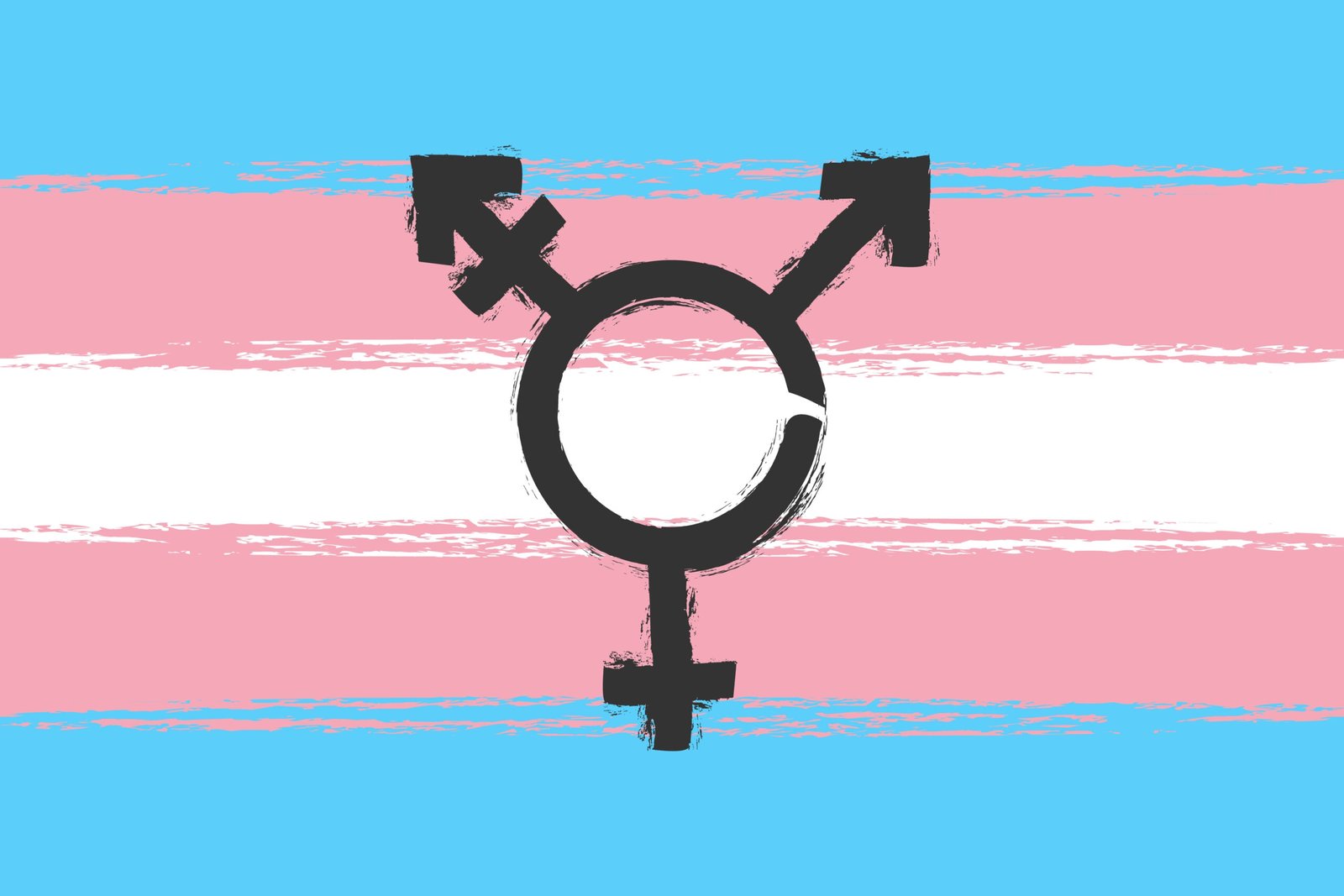NASSAU, BAHAMAS — Lack of access to hormones and the limited amount of doctors who can treat gender transitioning people were flagged as a central challenge for transgender people living in The Bahamas, according to a regional study.
The updated study on LGBTQI+ discrimination in the region was presented at a United Caribbean Trans Network roundtable dialogue event, hosted in partnership with the United Nations Development Program.
“Having access to healthcare or mental healthcare is not easy, because we don’t have too many doctors here in The Bahamas who know about trans issues or […] that try to work with trans women or trans men,” said a Bahamian trans woman included in the study.
“My personal belief is that if you want to work with trans women and trans men, you should get the training for it. Though you might have training in psychology, you still need to understand our community.”
Eighty-five percent of respondents said that they do not possess any government-issued identity document that matches their gender identity, and 84 percent said they have not changed their name on any official documentation.
Less than half of respondents (42 percent) were unemployed and stated they experienced depression and anxiety at some stage of their life (78 percent).
Only 24 percent indicated they were employed full-time, and 59 percent said that they had experienced police violence, such as verbal harassment, and sexual or physical violence, in their lifetime.
There were 20 participants from The Bahamas.
In a recent voice note, activist Alexis D’Marco shed light on the limitations LGBTQI+ individuals face on a regular basis. She referred to the proliferation of hate speech against the community that is commonly shared on social media platforms like WhatsApp or Facebook.
“The battle to protect lesbian, gay, bisexual, transgender, queer (or questioning), intersex, and asexual (or allies) – (LGBTQIA) members of our society is an everyday struggle,” D’Marco said.
“The LGBTQIA Community is asking when will the disrespect in The Bahamas cease, especially amongst the people in authority.
“We do realize that you can make a difference by taking small steps to diminish some of the frustration generated by people who lack understanding of human rights and The Bahamas Constitution. The Bahamas is for All Bahamians including those who are a part of vulnerable communities,” D’Marco said.
Recommendations from the study included calls to extend anti-discrimination protections and repeal discriminatory laws; ensure legal gender identity recognition; ensure accurate national data collection; provide training and guidelines for healthcare workers; and ensure accountability, training, and non-discrimination by law enforcement.






